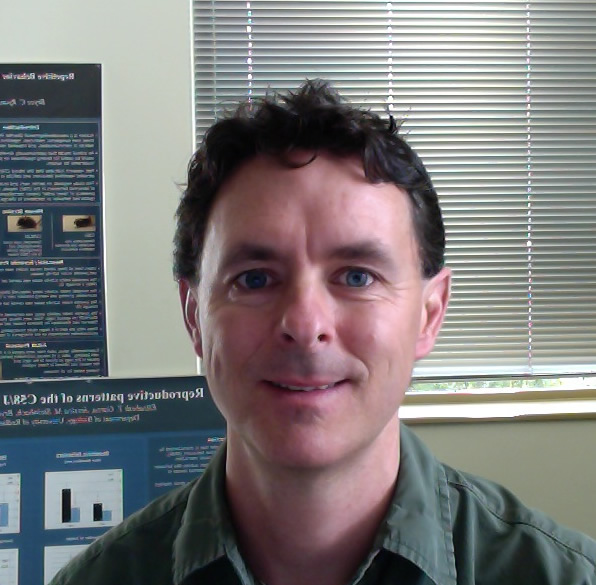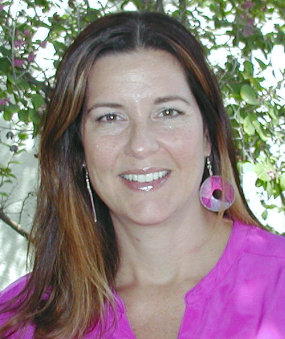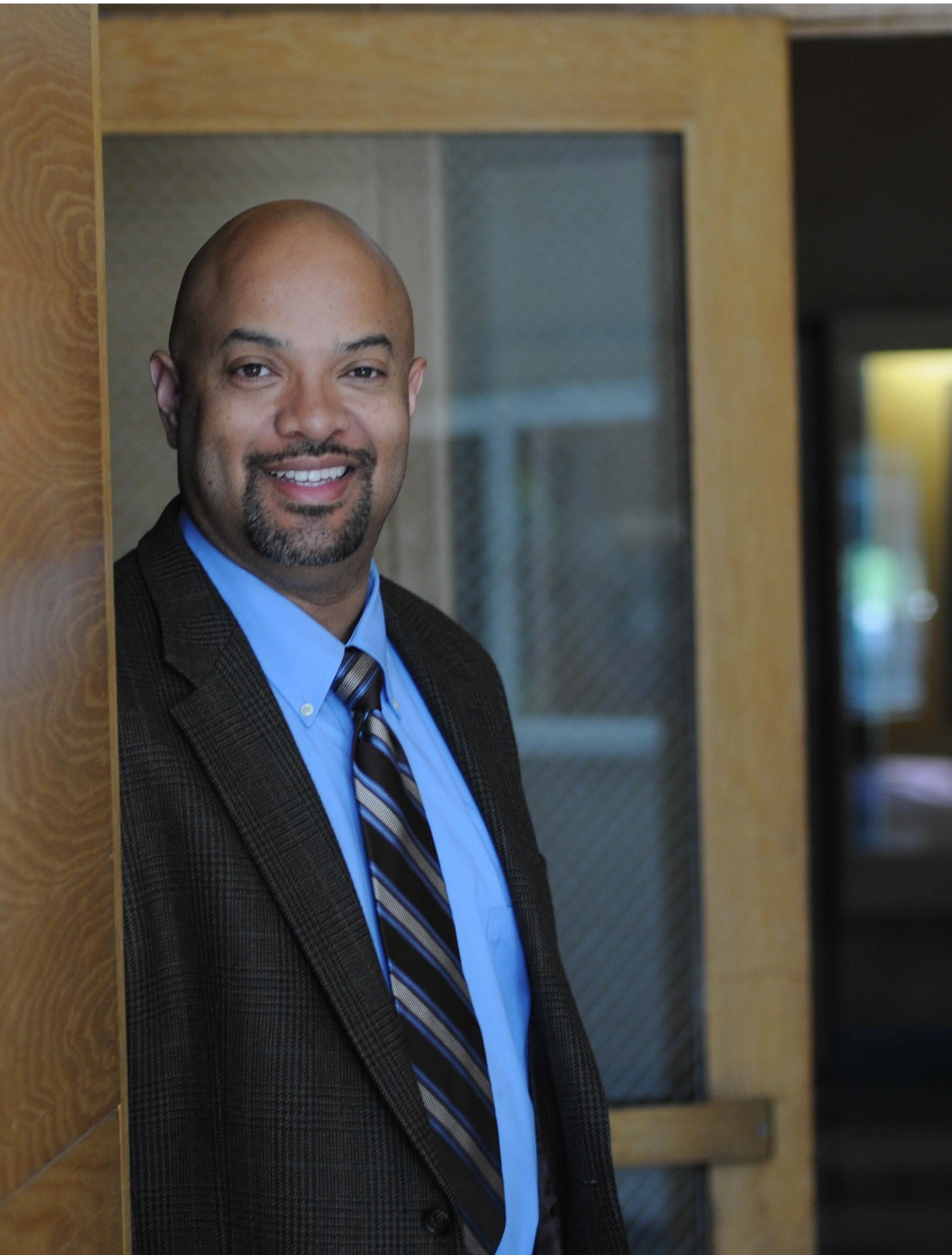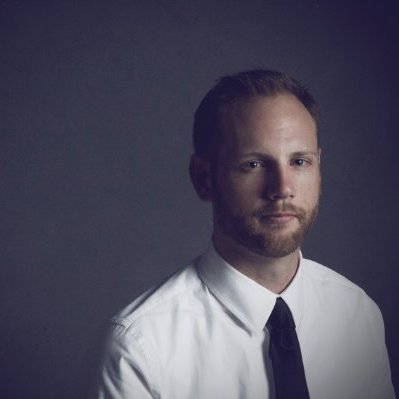Professional Bio:
Professor Pani Chakrapani obtained his BS and MS degrees in Mathematics from the University of Madras in India and his subsequent research work was in the area of automatic theorem proving in the School of Automation at the Indian Institute of Science, Bangalore, India. He has been a professor and the director of the Computer Science program at Redlands for the past three decades, teaching a wide range of courses in Computer Science such as introductory programming courses, Principles of Programming Languages, Business Analysis and Excel, Internals and Principles of Operating Systems, Introduction to Computer Theory, Software Engineering, Artificial Intelligence and Database Systems.
Chakrapani is an elected senior member of ACM (Association for Computing Machinery) and a senior member of IEEE (Institution of Electrical and Electronic Engineers). He is a fellow of the ASBBS (American Society of Business and Behavioral Sciences). He has presented his research work in multiple conferences and journals in the areas of software engineering, computer education and artificial intelligence.
Project Summary:
This automation project is aimed at creating video segments for certain sections of the subject matter covered in two different computer science courses. The introductory course in programming covers topics in three distinct knowledge areas such as programming environment, syntactic elements of a specific programming language and the process of problem solving. The videos created through this project will help as an additional aid to students to learn the material at their own pace, when needed. These video segments will also provide a first step in considering relevant pedagogy needed to create a "flipped" classroom for those topics. The course on Business Analysis covers the topics of Statistics and Management Science and the videos created for this course will be learning aids for the students in addition to class room instruction and the use of textbooks.
.png)
 Bryce C. Ryan: Training Tutorial for Students Taking Research Methods Courses
Bryce C. Ryan: Training Tutorial for Students Taking Research Methods Courses Janee Both Gragg: Exploring the Merits of Technology in engaging Local Adolescents
Janee Both Gragg: Exploring the Merits of Technology in engaging Local Adolescents Julius H. Bailey: Teaching Race & Religion: Moving the African American Religions Course Online
Julius H. Bailey: Teaching Race & Religion: Moving the African American Religions Course Online
 Brian Gadd & Candace Glendening: Enhancing Understanding of Core Biological Concepts through 3D Technologies
Brian Gadd & Candace Glendening: Enhancing Understanding of Core Biological Concepts through 3D Technologies